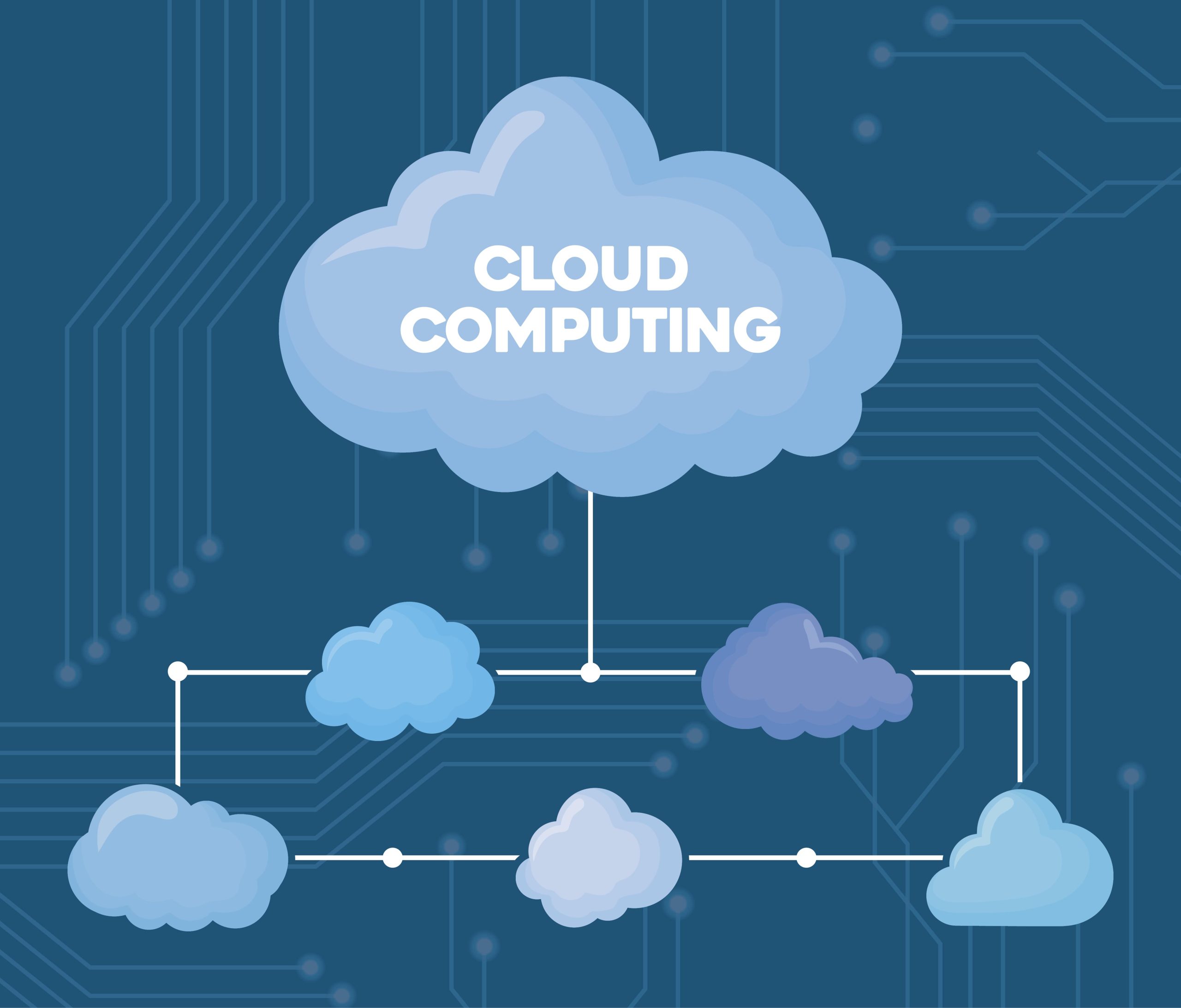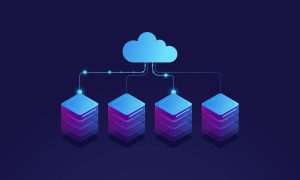Cloud Computing is described as storing and accessing information and data along with computing services on the Internet. It cannot store any information or data on your device or computer. It is the on-demand availability of various computer services such as data storage, servers, databases, networking, and others.
Cloud Computing: Defined
In the modern age, mobile and computer users are increasing daily, so data storage has become a top priority in all domains. Small and large-scale businesses mainly rely on their data, and they expend plenty of money to maintain and store this data. It needs a strong IT backup and a broad storage hub. However, only some businesses can afford a high-cost IT house and storage support services. For such businesses, cloud Computing is the best and cheaper solution. Because of the efficiency in data storing, computation, and fewer maintenance expenses of cloud Computing, it has attracted many highly reputable businesses.
Cloud computing teaches the software and hardware demands of the customers or users. The only main thing that users should be able to run is the interface software of cloud computing systems, which can be as simple as a web browser, and the cloud system takes care of all other things. In some instances, we may have some experienced cloud Computing systems.
Cloud computing reins small-scale businesses effectively having limited or insufficient resources. It provides small-scale businesses access to various technologies previously out of reach. This cloud computing assists small businesses in converting their regulations and maintenance costs into profit. Let’s see how?
In an in-house IT server, you have to be very careful and ensure there are no shortcomings in the system so that there will be no problems in the system and it runs smoothly. However, in any technical problem, you will be responsible, and it will need close attention, a good amount of money, and time for repair purposes. In cloud computing, the service provider is responsible for any complications and technical faults.
What Are The Different Types Of Cloud Computing Services?
Cloud computing can be grouped into three general service delivery categories, which are as follows:
1. IaaS
IaaS providers like AWS (Amazon Web Services) provide virtual server instances and storage along with some application programming interfaces (APIs) that allow users to migrate workloads to a VM (Virtual Machine). The users or customers have an allotted storage capacity and can stop, start, configure, and access the VM and storage as per their needs.
IaaS providers give small, large, medium, extra large, and compute-optimized instances, in addition to customization for many workloads needs. For business users, the IaaS cloud is nearest to a center of remote data.
2. PaaS
In this model, cloud providers host various developmental appliances on their infrastructure. Customers or users use these appliances on the Internet by using web portals, APIs, or gateway software.
Generally, PaaS is used for software development, and various providers host software after it is completely developed. Some common PaaS products encompass AWS Elastic Beanstalk, Salesforces’ Lightning Platform, and Google App Engine.
3. SaaS
Distribution model, SaaS provides various software applications over the Internet. Such applications are commonly known as web services. Users or customers can easily access SaaS applications and services from any location using a mobile device or computer.
The users easily access databases and applications software in a SaaS model. Microsoft 365 for email services and productivity is one of the most common examples of a SaaS application.
Characteristics of cloud computing
For several decades now, this cloud computing has been around us, and now its infrastructure ascertains a collection of characteristics that borough various benefits for businesses of all extents. A few of the important characteristics of cloud computing are as follows.
1. Self-service provisioning
End users usually spin up these compute resources for any workload on need. The end user can now provision computing resources such as network storage and server time, eradicating the need for traditional IT administrators to manage the computing resources.
2. Pay per use
Cloud computing has various features. Users usually worry about the payments for those features they never use. However, the compute resources are gauges at a granular level, assisting users to pay only for those features and workloads they use.
3. Elasticity
Companies can easily scale up as soon as the computing requirements increase or scale down as the needs decrease. This abolished the requirement of high investments in local infrastructure, which may or may not remain active for a longer period.
4. Migration flexibility
Various organizations can move some workloads to and from the cloud network or to other cloud platforms as needed or automatically for the best cost savings or to utilize new services.
5. Broad network access
A user can access cloud data or upload any information or data to the cloud network from anywhere by using a mobile device or laptop with an internet connection.
6. Workload resilience
CSPS frequently executes redundant resources to ensure resilient storage and keep the critical workloads of users running, often across various global areas.
7. Multi-tenancy and resource pooling
Multi-tenancy allows various clients to share the same real infrastructures or the exact applications yet, however, protect privacy and security over their data. Moreover, the cloud provides various services to customers from the same physical services. Additionally, the resource pool of the cloud providers must be wide, large, and flexible to serve the needs of various customers at a time.
Conclusion
In the last few years, the number of cloud computing users has been increasing daily. Cloud computing is storing and accessing data and information over the Internet. Cloud computing is the best idea for small businesses that need to keep their huge data in a tight spot. It is because small businesses can afford it. Moreover, highly reputed organizations are also using this cloud computing because of its features such as high security, low cost, easily accessible, etc.





































































